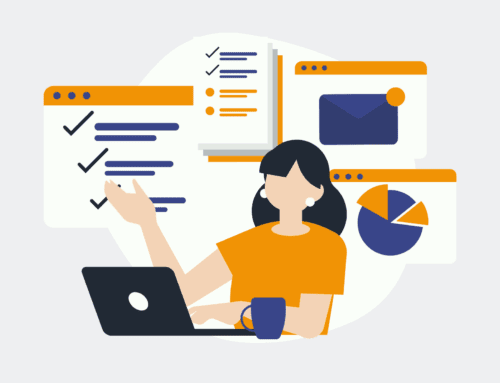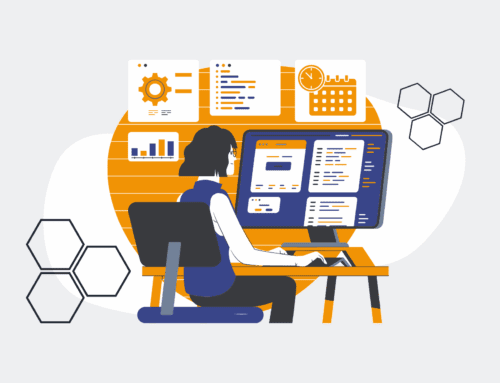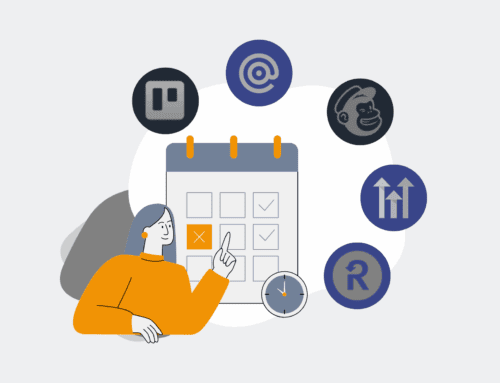The Benefits of AI for Small HR Teams: Doing More with Less
Small HR teams often operate in a landscape defined by significant constraints: limited budgets, fewer personnel, and an ever-growing list of responsibilities. From talent acquisition and onboarding to compliance and employee development, the demands can quickly outstrip available resources. In this environment, the notion of “doing more with less” isn’t a mere platitude; it’s an operational imperative. This is precisely where artificial intelligence (AI) emerges not just as a technological novelty, but as a strategic partner, offering tangible pathways to efficiency, accuracy, and ultimately, greater strategic impact.
For years, AI in HR might have seemed like a luxury reserved for enterprise-level organizations. However, the democratized access to powerful, user-friendly AI tools has shifted this paradigm. Small HR teams can now leverage these innovations to automate tedious, time-consuming tasks, freeing up their human capital to focus on the truly strategic, human-centric aspects of their roles. We’re not talking about replacing people; we’re talking about empowering them to perform at their highest level.
Beyond Basic Automation: Intelligent Efficiency for Recruitment
Recruitment is often one of the heaviest lifts for any HR department, and for small teams, it can become an overwhelming bottleneck. Manually sifting through hundreds of resumes, scheduling interviews, and sending out routine communications consumes valuable hours that could be better spent engaging with top candidates or refining hiring strategies. This is where AI truly shines.
Smart Sourcing and Screening
AI-powered platforms can revolutionize the initial stages of recruitment. By analyzing job descriptions and candidate profiles, AI can intelligently source potential candidates from various databases and social platforms, often identifying qualified individuals who might be overlooked by traditional search methods. More importantly, AI can swiftly screen resumes for relevant keywords, experience, and qualifications, filtering out unsuitable applications with remarkable accuracy. This doesn’t just save time; it ensures that the limited time of a small HR team is spent reviewing the most promising prospects, reducing time-to-hire and improving overall candidate quality.
Automated Interview Scheduling and Communication
The back-and-forth of interview scheduling is notoriously cumbersome. AI assistants can manage this process end-to-end, coordinating schedules between candidates and hiring managers, sending automated reminders, and handling rescheduling requests. Furthermore, AI can personalize initial candidate communications, answering frequently asked questions, setting expectations, and maintaining a positive candidate experience, all without human intervention. This elevates the candidate experience, portrays the company as forward-thinking, and significantly reduces administrative burden.
Streamlining HR Operations: From Onboarding to Employee Support
The administrative tasks that comprise daily HR operations are extensive and repetitive. These are prime candidates for AI intervention, allowing small teams to reclaim countless hours.
Intelligent Onboarding Workflows
Onboarding a new employee involves a multitude of forms, policy reviews, and system setups. AI can orchestrate complex onboarding workflows, ensuring all necessary documents are completed, training modules are assigned, and access is granted to relevant systems. Chatbots can also provide instant answers to common new-hire questions, reducing the need for HR staff to field every query, allowing new hires to feel supported and integrated quickly.
AI-Powered HR Support and Knowledge Bases
Imagine an employee having an immediate answer to a question about benefits, PTO policies, or company expense procedures, even outside of business hours. AI-powered chatbots and intelligent knowledge bases can provide 24/7 support, acting as a virtual HR assistant. These systems can learn from past interactions, continually improving their ability to provide accurate and relevant information. This not only empowers employees with self-service options but drastically reduces the inbound query volume for small HR teams, enabling them to focus on more complex employee relations or strategic initiatives.
Data-Driven Insights and Strategic Foresight
One of the most profound benefits of AI is its ability to process vast amounts of data and extract actionable insights. For small HR teams, this means moving beyond reactive problem-solving to proactive, data-driven decision-making.
Predictive Analytics for Retention and Engagement
AI can analyze various data points – employee tenure, performance reviews, feedback, and even sentiment from internal communications – to identify patterns that might indicate flight risk or declining engagement. By flagging these insights early, small HR teams can intervene proactively with targeted support, development opportunities, or adjustments to working conditions, significantly impacting retention rates and fostering a more engaged workforce. This strategic foresight transforms HR from a cost center into a value driver.
Optimizing Performance Management
AI can assist in performance management by identifying skill gaps across the organization, suggesting personalized learning paths, and even flagging potential biases in performance reviews. This analytical capability allows small HR teams to develop more effective training programs and career development plans, ensuring the workforce is skilled, motivated, and aligned with business objectives. It helps create a fairer and more objective performance assessment process, building trust and transparency.
The Human Element: Reclaiming Time for What Matters
Ultimately, the integration of AI into a small HR team isn’t about removing the human element; it’s about amplifying it. By automating the mundane, repetitive, and administrative tasks, AI frees up HR professionals to engage in the work that truly requires human judgment, empathy, and strategic thinking. This means more time for genuine employee connection, conflict resolution, cultural development, and direct involvement in business strategy.
For 4Spot Consulting, our mission is to save you 25% of your day. We’ve seen firsthand how intelligently applied AI and automation can transform HR operations from a reactive bottleneck to a proactive, strategic enabler. It allows small teams to achieve the impact of a much larger department, fostering growth and efficiency without the need for significant headcount increases. AI isn’t just a tool; it’s a force multiplier for small HR teams striving to do more with less, turning constraints into opportunities for innovation and strategic advantage.
If you would like to read more, we recommend this article: Mastering AI in HR: Your 7-Step Guide to Strategic Transformation









